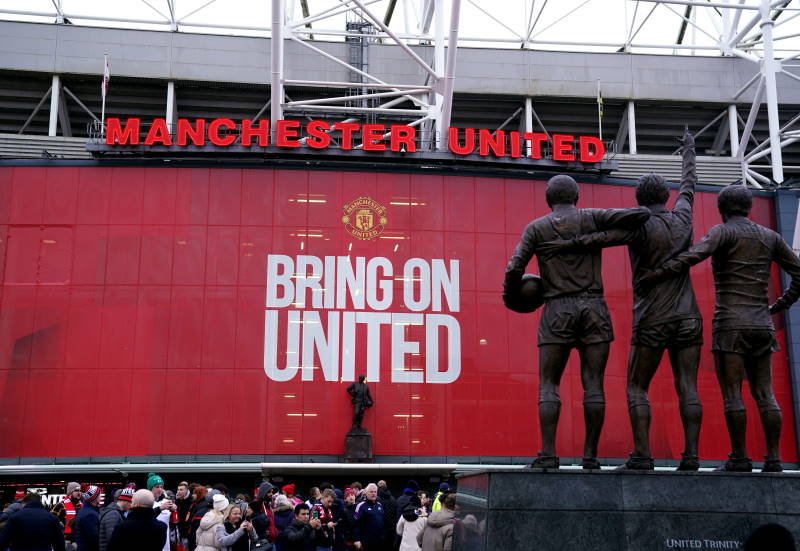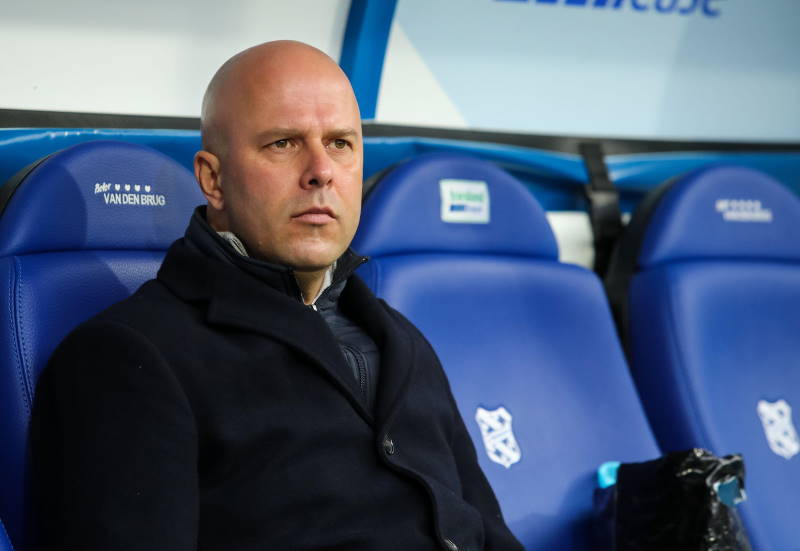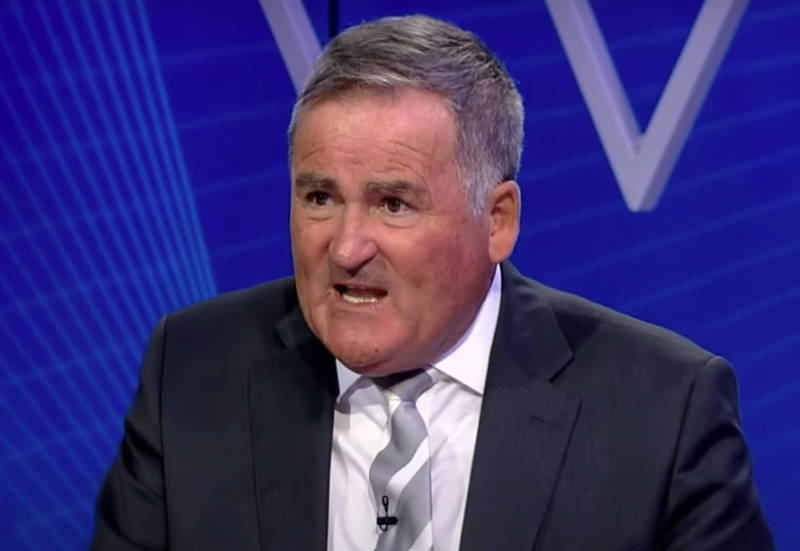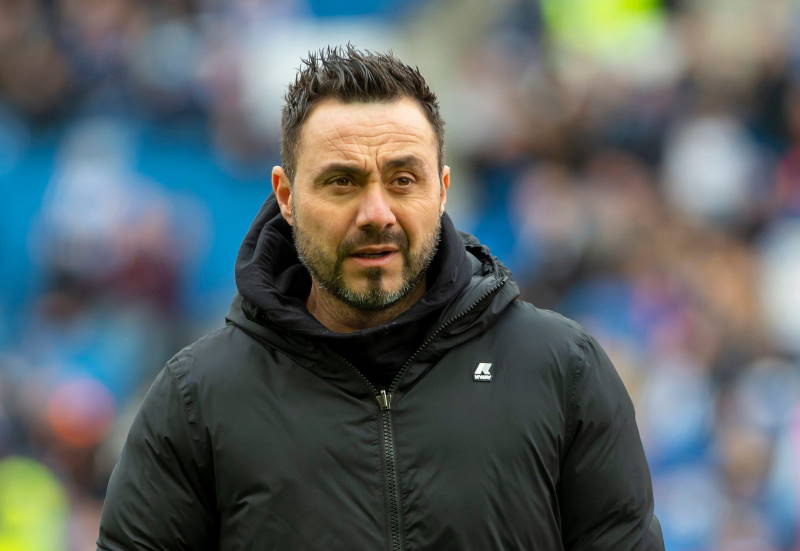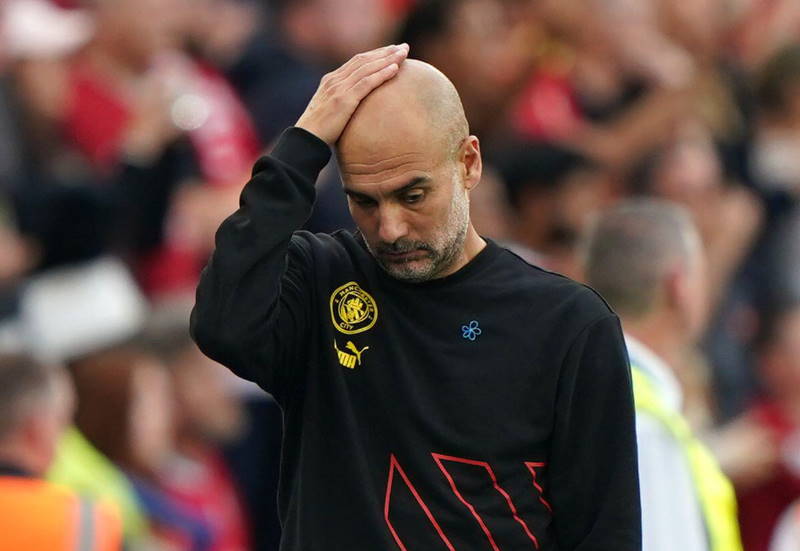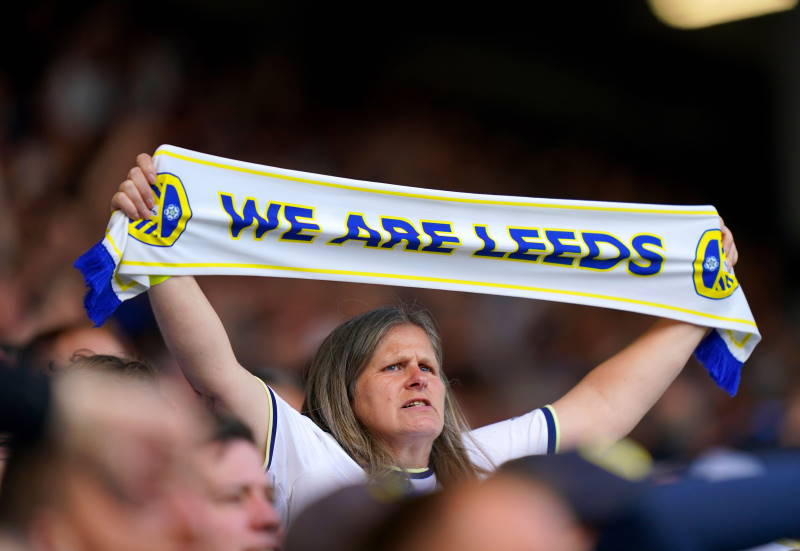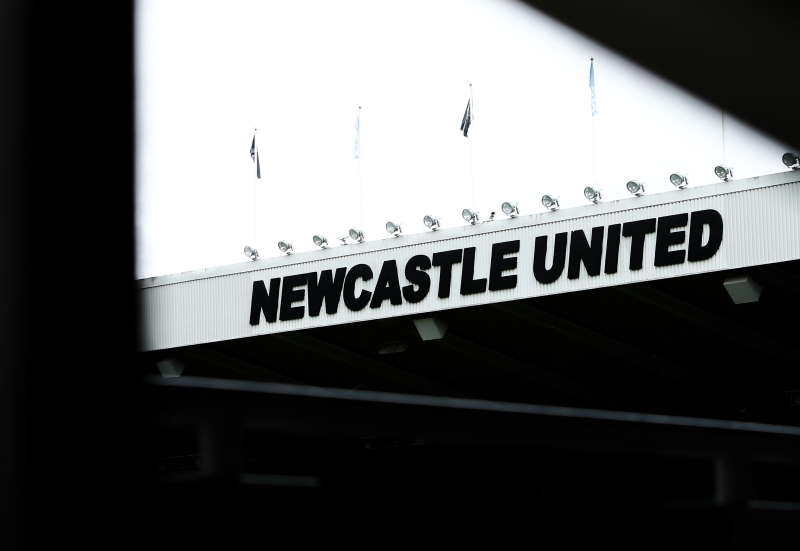
Phillip Buckley
“I never thought I could have played for another national team that was not Brazil”, said Marcos Senna, recalling the day then-Spain coach Luis Aragones rang him up to ask him to represent La Roja. Aragones, a wily old tactician with over 30 years coaching experience in Spain, knew the importance of the Brazilian, who was playing in La Liga for Villarreal – and Senna duly played a key role at the 2006 World Cup, helping forge a team which would later win Euro 2008, a tournament he participated in too, and which proved the springboard for a period of Spanish dominance which still endures.
Senna had steel, bite, impeccable timing and a hard-working demeanour; the most un-Brazilian of Brazilians, who became one of Aragones’s key jigsaw pieces in La Roja. Did the former Atletico Madrid coach bat an eyelid that Senna was Brazilian, born, raised, developed, and had landed in Spain only four years previously? No. He was eligible and willing – and that was enough.
In much the same way it has recently been enough for current Spain coach Vicente del Bosque to pluck another talent from Brazil’s clutches, Diego Costa, the Brazilian-born striker who shunned Luiz Felipe Scolari's call to opt for La Roja and not the Selecao. It is football. It is business. And Spain want to stay on top.
The practice is not confined to Spain and there are many countries working to take advantage of loopholes. In Italy, Pablo Osvaldo has an all too typical story. An Argentine striker, arriving in Italy in 2006 to join Atalanta after spells with Banfield and Huracan, the Italians wasted little time in introducing the prospect to their Under-21 ranks, him eventually earning the first of 12 senior caps to date in 2011.
Turkey have long been in on the act, too. Aside from the country’s practice of hunting for talents amidst the large Turkish-German population in Germany – Nuri Sahin stands out as a coup – they hoovered up Marco Aurelio, another Brazilian defensive midfielder in the Senna mould, who changed his name to Mehmet Aurelio and, having acquired naturalisation, made his international debut for the Turkish national team in 2006 at the age of 28 years old.
Exploiting the loophole of residency, naturalisation and not having played a “competitive” senior international – Costa even had two “friendlies” with Brazil to his name – is a tried and trusted practice. Why then such hostility to it in England? Why did Arsenal midfielder Jack Wilshere remark: “If you live in England for five years it doesn’t make you English.” If it is good enough for world champions Spain, why would England shun it?
Current England manager Roy Hodgson has declared the national side in a “transitional period”, which is a pleasant way of saying “keep expectations low, we probably won’t win much”. In the aftermath of a 2-0 home defeat to Chile, that very much looks to be the case. The English Football Association has formed a commission to assess ways for the national team to be at the heart of the country’s game as the debate over the number of foreign players in the Premier League rumbles on. English players are not viewed as quite as technically gifted as their foreign counterparts, partly due to a tendency to prioritise physicality above technique; had Lionel Messi, Andres Iniesta and Xavi been born English it is not too hard to imagine a hard-nosed youth coach advising them to look for another career, as bustling bruisers kicked them out of the game on muddy fields on a cold Tuesday night.
Yet the by-product of the Premier League is that wealthy clubs, determined to prioritise self-development over national development, have built up vast scouting networks and regularly tempt top youngsters from all over the world to English shores. The perfect opportunity is therefore presented to use that to the national team's advantage, taking a different approach to the draconian suggestion to implement foreign player quotas. Even beyond the next crop, to whom English Football Association coaches could regularly be putting the case for keeping a Three Lions dream burning and not ruling themselves out of contention ahead of time, are a whole host of other established players who should be charmed into making Wembley and not foreign climbs, their international home.
Adnan Januzaj hardly counts as an unknown quantity now, not after bursting onto the scene with Manchester United this season. Indeed, it was the Belgian-born winger who appeared to be at the centre of Wilshere’s remarks, even if the Arsenal man later pleaded Januzaj had not been in his sights. Sparkling with talent, promise, potential, Robin van Persie had the inside track on the kid tempted from Belgian giants Anderlecht at 16. “I thought earlier in pre-season that he has something special”, revealed the Dutchman. “He will give Manchester United a great bunch of goals and great games. He’s a special player.” If Januzaj is ready and willing to play for England, which he could do for 2018, why would the Three Lions not cap him? Spain, Italy, even Germany would not think twice. Wilshere’s preference would deprive England of a glittering talent with technical skills sorely lacking in the current crop.
And with Januzaj there is a golden opportunity. The 18-year-old is holding out against constant overtures from the country of his birth, Belgium. It is a stance which has infuriated football’s other Red Devils. “I won’t go back to play that game”, thundered Belgium coach Marc Wilmots. “The boy is available? He wants to play? Okay, perfect, show me him. You are the top level in Manchester or elsewhere, show me your qualities and if I need you I will call you.” Wilmots has since tempered his approach, aware the language from Belgium risks severely alienating the former Anderlecht youngster, but not before Januzaj’s father was so angry over his son’s treatment he told the Belgian Football Association to “leave him alone”. English officials should be working overtime in the race for Januzaj, doing all they can to convince him to restrain from international football until he can represent England. It will be a battle; Albania, Croatia and Turkey also smell an available star. But realistically, none of those countries can promise as much World Cup and European Championship action as England. If he doesn’t want Belgium, England are in pole position.
And there are other “foreign” talents England should pursue, even if it leaves Wilshere shuddering at the thought of an unfamiliar tongue in St. George’s dressing room. Arsenal for one are a club that provide febrile hunting grounds. Under the watchful eye of Arsene Wenger, the Gunners have become a form of “international rescue”, swooping down to snaffle up foreign youngsters who display the slightest bit of talent, “rescuing” them from a career-start in their homelands.
A little known FIFA rule stipulates that if a player plays in an official competition, at whatever level, and then wishes to switch, he must have held a passport of the country he later wants to change to at the time he played in the official competition. Disappointingly this rules starlet Serge Gnabry out of England’s silver-tongued treatment, but fellow German Thomas Eisfeld is fair game. The midfielder has been compared to Robert Pires by Wenger – “He is a Pires type. He has that kind of quality that some midfielders have, not many. They have the timing to get into dangerous situations” – but has been overlooked by Germany so far. And with competition for places fierce in his homeland, could the youngster be convinced to see his future with the Three Lions? The FA should be making the case, as they keep an eagle eye on Arsenal’s future recruitment – but it is doubtful they are.
England’s governing body are a little more on the ball when it comes to another starlet though, with a summer arrival at Liverpool being thoroughly looked at. Tiago Ilori, a confident and promising defender, even has a British passport due to an English father and London birthplace. Having shone at Sporting Lisbon and being a product of that club’s famed youth academy, Portugal have already capped Ilori at youth level. The fight for the 20-year-old could be tough, as Portugal have their claws into the centre-back, but it is one England must get serious about if they are determined to make use of every talent available to them.
The Three Lions need to catch up with the world’s other football associations, who already view loopholes which allow them to cap foreign-born and bred players as presenting a welcome opportunity, a form of international transfer market. There are some traits English players struggle to show, with top class technique and comfort on the ball clearly lacking at times; that is one of the reasons Wilshere is deemed so crucial to the country’s future hopes.
Ruthlessly hunting down those who qualify now, or might be persuaded to rebuff other approaches in order to do so in future, should be central to England’s strategy. The academies of wealthy Premier League clubs are the perfect gingerbread house to attract talents from all across the world – and within that group will be a fair few who could sprinkle some stardust on the national team. Expecting the Premier League to banish foreign players, or even a percentage of them, is barking up the wrong tree in a world where clubs are run like businesses – what sane business deliberately chooses to become less competitive?
There is at least some progress, with Manchester United winger Wilfried Zaha and West Brom striker Saido Berahino born in the Ivory Coast and Burundi, respectably. But the pair came to England at the ages of four and ten. Now is the time to cast the net further, wider, and use the Premier League’s allure to England’s advantage. It is time for the FA to build a relationship with all Premier League academies which sees them alerted to any potential new recruits, no matter the age.
Like to bet on football? Pay Inside Bet a visit!


